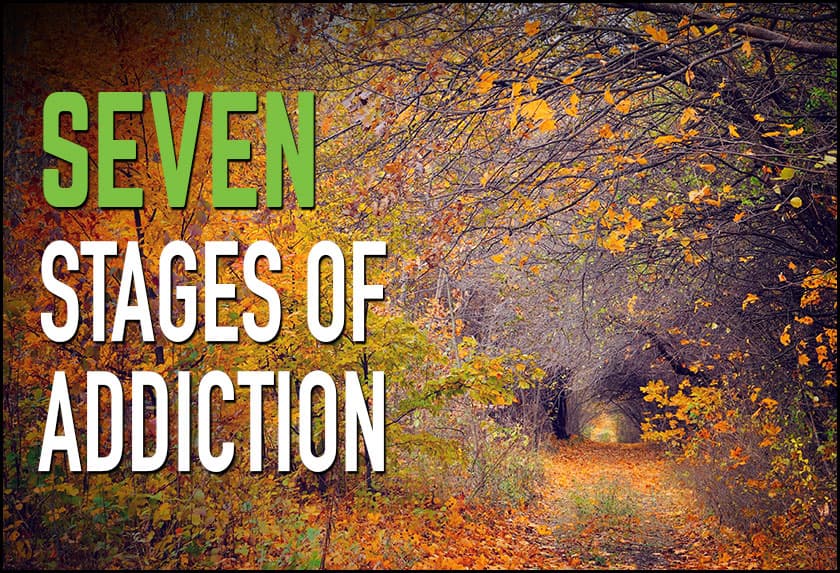Addiction is a complex and chronic condition that affects the brain, behavior, and overall well-being. It develops in stages, progressing from initial substance use to dependence and, eventually, addiction. However, just as addiction follows a cycle, recovery does as well. Understanding this cycle can help individuals recognize where they are in their journey and take steps toward lasting healing.
The Stages of Addiction
1. Experimentation
Addiction often begins with voluntary substance use. This stage is usually driven by curiosity, social pressure, or the desire to escape stress or emotional pain. Many people experiment with drugs or alcohol without developing an addiction, but for some, this initial use triggers deeper issues.
2. Regular Use and Risky Behavior
As use continues, it may become more frequent. Individuals might start drinking every weekend, taking prescription pills beyond their prescribed use, or using substances as a coping mechanism. At this stage, substance use becomes a habit, increasing the risk of dependence.
3. Dependence
Dependence occurs when the body and brain adapt to the substance, leading to tolerance. This means the individual needs more of the drug to achieve the same effect. If they try to stop, withdrawal symptoms—such as anxiety, nausea, insomnia, or depression—set in. Dependence can be physical, psychological, or both, making it difficult for individuals to quit on their own.
4. Addiction
Addiction is characterized by compulsive substance use despite negative consequences. At this stage, the individual has lost control over their use, and their brain’s reward system has been hijacked by the substance. Addiction impacts relationships, work, and overall health, making it a serious medical condition that requires intervention.
The Stages of Recovery
Just as addiction develops in stages, so does recovery. It is not a linear process but rather a cycle with challenges and setbacks. The key is to recognize these stages and persist through them.
1. Awareness and Acknowledgment
The first step toward recovery is recognizing the problem. Many individuals deny their addiction for months or even years. A turning point often comes when the consequences—such as legal trouble, health issues, or broken relationships—become too significant to ignore.
2. Seeking Help and Detoxification
Once an individual acknowledges their addiction, they may seek professional treatment. Detox is often the first step, allowing the body to rid itself of substances. This can be a challenging process, as withdrawal symptoms can be severe. Medical supervision is often recommended, especially for alcohol or opioid withdrawal.
3. Rehabilitation and Therapy
Detox alone is not enough for lasting recovery. Addiction is a behavioral and psychological condition that requires therapy and counseling. Cognitive-behavioral therapy (CBT), group therapy, and medication-assisted treatment (MAT) can help individuals develop coping skills, address underlying trauma, and build healthier habits.
4. Maintenance and Relapse Prevention
Recovery is a lifelong process. After rehab, individuals must actively work on maintaining sobriety through continued therapy, support groups (such as AA or NA), and lifestyle changes. Relapse is common, but it does not mean failure—it’s an opportunity to reassess and strengthen recovery strategies.
5. Long-Term Growth and Stability
Over time, individuals in recovery build a new, substance-free life. They develop healthy relationships, find purpose in work or hobbies, and regain control over their physical and mental well-being. Recovery is about more than abstinence; it’s about creating a fulfilling life without substance use.
Conclusion
Understanding the cycle of addiction and recovery helps individuals, families, and healthcare providers navigate the challenges of substance use disorders. Addiction is not a choice, but recovery is. With the right support, treatment, and determination, breaking the cycle of addiction is possible, leading to a healthier and more fulfilling life.
